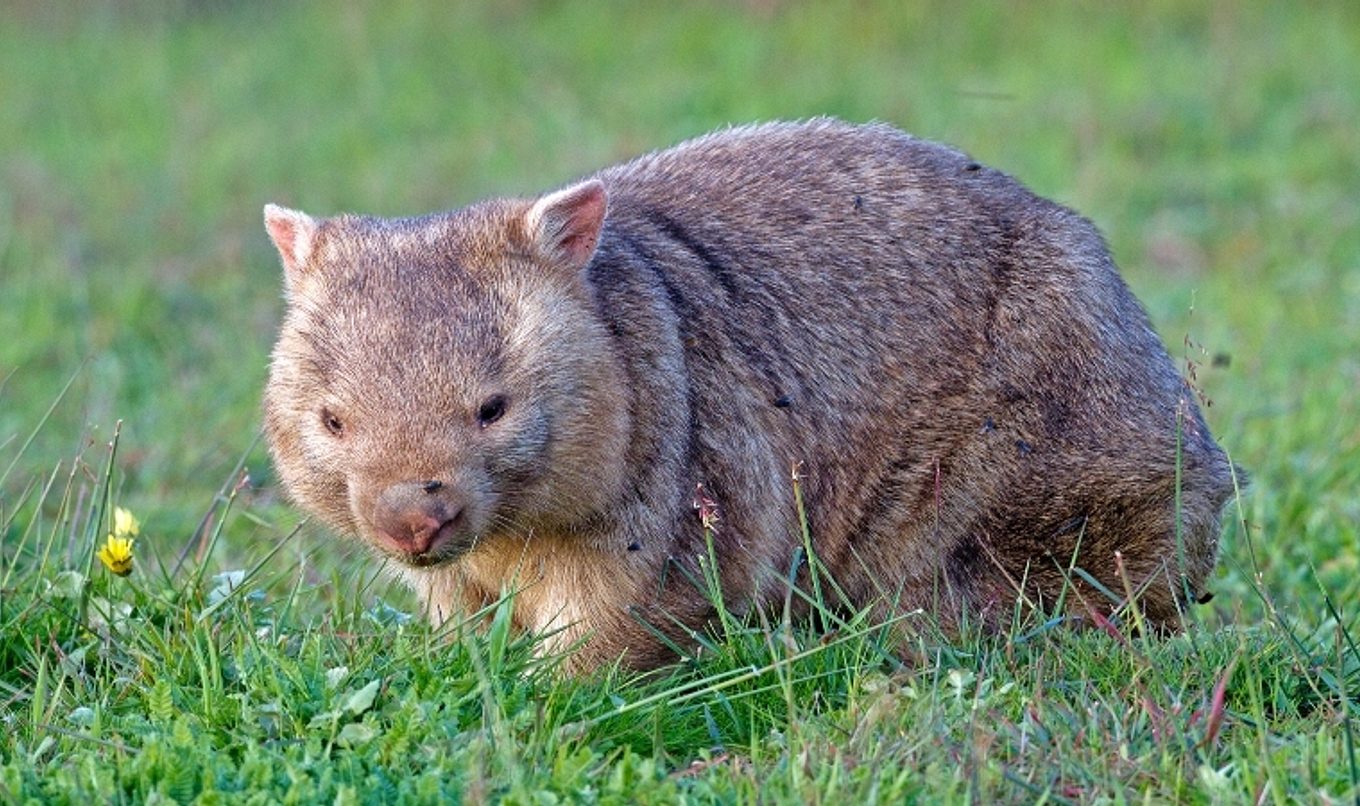Watch out for Wombats
Following a spate of wombat deaths in recent months along a stretch of road within the Coorong National Park, National Parks and Wildlife Service (NPWS) rangers will shortly deploy camera surveillance to monitor the area.

Limestone Coast National Parks and Wildlife Manager, Nick McIntyre, said that concerns had been raised about an unusually high number of deaths of common wombats within the Coorong National Park, south of 28 Mile Crossing.
“Parks rangers have recorded a significant increase in the number of dead wombats along the Old Coorong Road recently, and we’ve also received reports from the public leading us to believe that, sadly, wombats might have been purposely targeted,” he said.
“We are deeply concerned by these reports. If members of the public know of instances of this behaviour, we ask that they contact the NPWS Limestone Coast office, as it is an offence to harm protected native wildlife”.
“If you have seen or heard anything, please let our rangers know, so they can protect the animals that call the Coorong National Park home.”
Coorong National Park Senior Ranger, Chris Hannocks, said the common wombats found in the Coorong National Park are native to South Australia and can be distinguished from the more widely known southern hairy-nosed wombats by their bald nose.
“The common wombat is listed as rare in South Australia and are a protected species under the National Parks and Wildlife Act 1972,” he said.
“Wombats are most active at night when they forage, which can attract them to roads and verges to eat and drink where they can be susceptible to being hit by motor vehicles.
“When rangers come across dead wildlife, we check pouches for young and move them off the road to prevent any further vehicle impacts.
“Signs are also installed along our roadways to remind and warn motorists of the likelihood of native wildlife being present in the area.”
Significant penalties apply for illegally killing an animal of a protected species. The maximum penalty for illegally killing a common wombat is a fine of up to $5,000 or imprisonment for 12 months.
Anyone with information relating to suspected unlawful wildlife activities can make an anonymous report to NPWS by calling 8204 1910.

